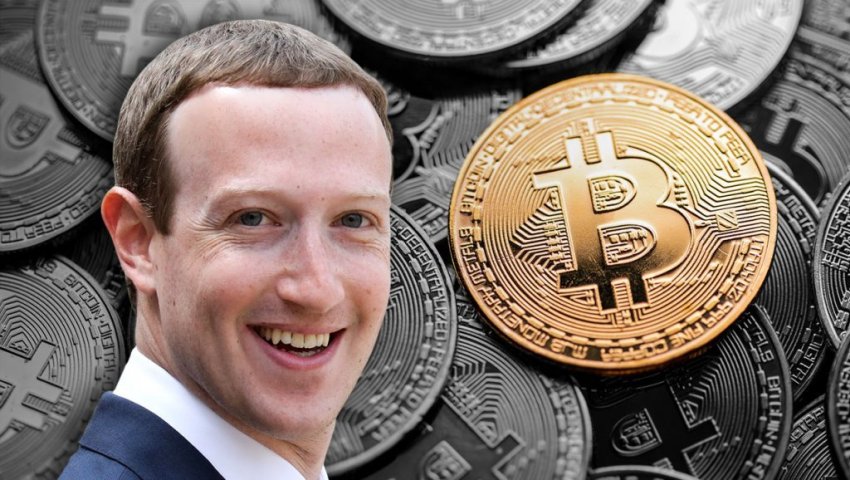Why Facebook Is Launching their own Cryptocurrency and How You Can Use It

Facebook Inc. — along with 27 partners — is wading into the world of cryptocurrencies with Libra, a digital token that’s projected to be used in everything from commerce to money transfers. Here are the details:
1. What is Libra?
Expected to be launched in 2020, Libra is a blockchain-based digital coin that will let Facebook users to send and receive money or to pay for services. The goal is for Libra to be used outside of the social network as well: Consumers may eventually be able to use it to pay for a cab or a cup of morning coffee.
2. What’s the appeal?
Libra aims to offer a way for the world’s 1.7 billion unbanked adults to pay for goods and services and to send money to others for low fees. Merchants around the world are envisioned letting people convert cash into digital Libra coins, which than could be deposited into digital wallets to be used for payments.
3. Why are Facebook and its partners doing this?
The social network’s revenue growth has slowed in recent years, and it’s looking for new ways to make money outside of advertising. Libra could potentially unlock new revenue opportunities in payments and commerce. Facebook’s partners in the Libra project, such as Visa Inc. and Uber Technologies Inc., have their own motivations as well: If Libra disrupts its payments business, Visa, for instance, likely wants to at least be a part of the disruption.
4. What are some other use cases?
What’s most likely is that Libra coins will initially be used to store the savings of people in emerging economies that suffer from high inflation, such as Venezuela. Traders may also exchange Bitcoin or Ether for Libra in times of high volatility for crypto.
5. Why is Libra more stable than the Venezuelan bolivar?
Libra is a so-called stablecoin, 100% backed by a basket of securities and fiat currencies, such as the dollar, euro, pound and yen. Because these fiat currencies don’t fluctuate in value much, the Libra coins’ value should keep as well.
6. What are Libra’s advantages versus other stablecoins?
Today, many traders park their funds in Tether, the stablecoins market leader. But companies behind Tether are being probed by the New York Attorney General for allegedly misusing clients’ funds. Tether is also not 100% backed by fiat, and it’s not being audited — which Libra will be, according to David Marcus, who heads the project for Facebook.
7. Would consumer data be safe with Libra?
The social network will certainly have an uphill battle convincing users their financial information is safe. As a first step, Facebook’s new subsidiary that will develop a wallet for holding Libra coins in products such as the WhatsApp messaging app won’t share the financial data with the rest of Facebook, Marcus said.
8. Are there any other risks users should consider?
Yes, many. The project is already running into political opposition: French Finance Minister Bruno Le Maire has expressed concern about Libra’s use in money laundering and terrorism finance. In addition, while Facebook and its partners have been talking with regulators, they haven’t secured the so-called no-action letter from the U.S. Securities and Exchange Commission, which would have safeguarded them from a regulatory action amid a global crack-down on token issuers. And as with any cryptocurrency, there’s also the risk of hacks or other types of attacks. Members of the Libra Association, which governs the project, will operate so-called nodes that will support the Libra network; and if more than 1/3 of the nodes band together, they could potentially start falsifying transactions.
Source: Bloomberg






